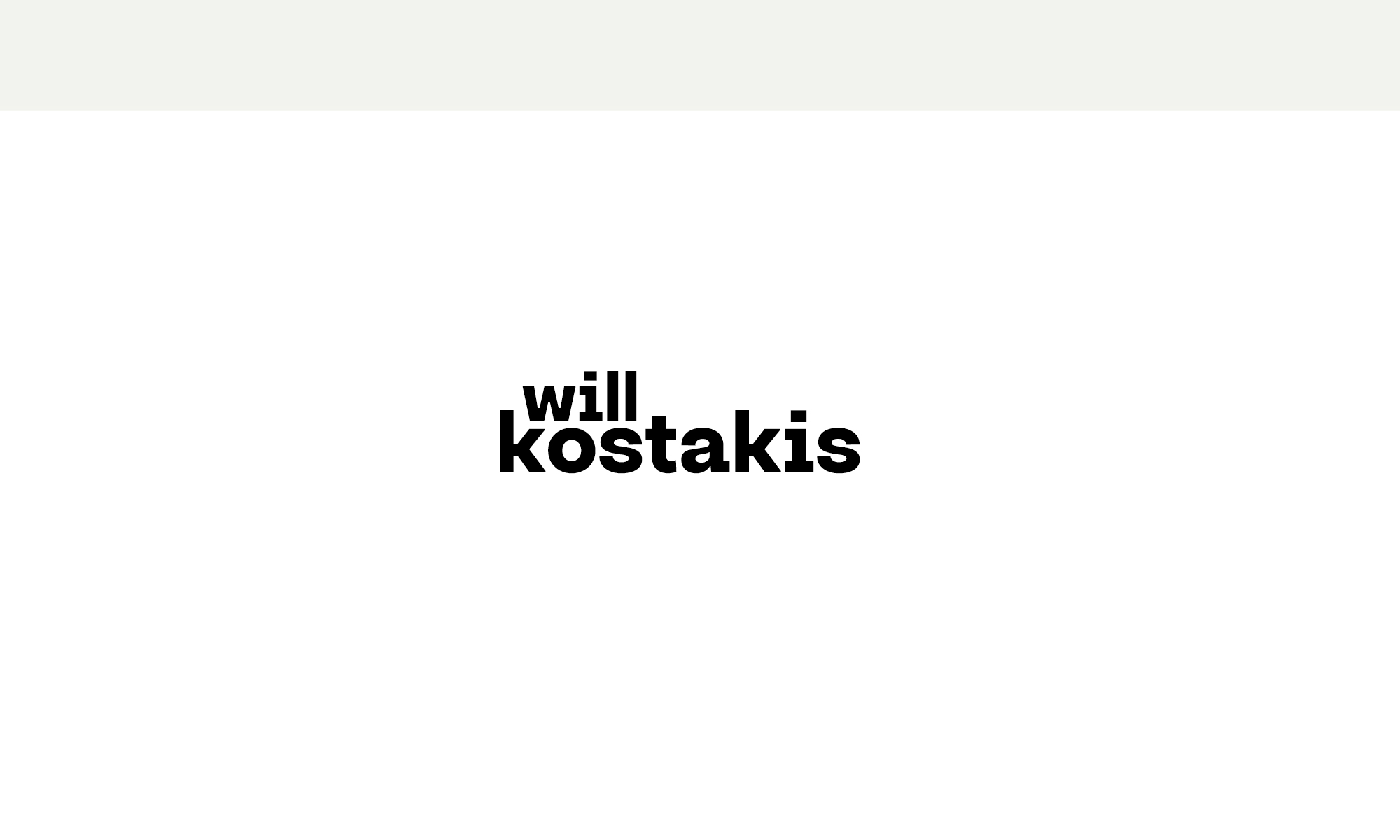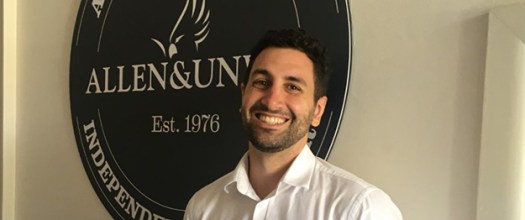
I’m seventeen. I barrel down the staircase and burst into the kitchen, short of breath. Mum has friends over (I don’t remember who, sorry). She asks what’s wrong.
“Nothing, I… got an email.” I’ve read it four times. Still doesn’t feel real. “Someone wants to publish me.”
“Are you sure you haven’t read it wrong?”
She thinks it’s a hoax. She insists she meet the publisher. She tells my soon-to-be editor that she has another son who can write them a book too, if they’d like … I recoil. I’m inches from my dream, and Mum’s mumming all over the place.
The book deal happens.
My author journey is all propulsion. Past rejections. Past that first book nobody likes. Past how publishers treat you when nobody likes your first book. Past the editorial concerns about gay characters that you carry as a knot in your stomach until you come out. Past the brouhaha that happens after you come out. Past the next book. And the next. And the next.
We Could Be Something starts as a memoir. It’s a handbrake, a chance to consider all the experiences that have made me. And then I do the thing I’m not supposed to. I start a new Word document. I take pieces from the memoir and rearrange them, remix them, and make something fictional from them.
It’s a lot of things, a story about the changing shape of the queer experience, the changing shape of being Greek-Australian; a story about falling in and out of love, and ultimately, a story about family.
It’s a story written by a guy who’s accompanied by his mother to a publishing meeting at seventeen, whose thunder is stolen by his grandmother at Sydney Writer’s Festival at twenty-three, and who, at thirty-three, knows he only got past the rejections, the first book nobody liked, and the rest of the nonsense, because his family pushed him.
We Could Be Something by Will Kostakis
 Harvey’s dads are splitting up. It’s been on the cards for a while, but it’s still sudden. Woken-by-his-father-to-catch-a-red-eye sudden. For the foreseeable future, he’s living on top of a cafe with the extended Greek family he barely knows.
Harvey’s dads are splitting up. It’s been on the cards for a while, but it’s still sudden. Woken-by-his-father-to-catch-a-red-eye sudden. For the foreseeable future, he’s living on top of a cafe with the extended Greek family he barely knows.
Sotiris is on the up. He’s achieved his dream, a novel released at seventeen. It isn’t all it’s cracked up to be, and then a cute, wise-cracking bookseller named Jem upends his life.
Harvey’s and Sotiris’s stories converge on the same street in Darlinghurst, in this beautifully heartfelt novel about how our dreams shape us, and what they cost us.
An emotional rollercoaster of a novel about two young men — part coming-out story, part falling-in-love story, part falling-apart story.
“The enormous heart of We Could Be Something beats with a rare, thrilling authenticity. Every funny, smart, tough word of it rings true. I loved this book.” Patrick Ness, bestselling author of A Monster Calls and the Chaos Walking series
“Vivid and exquisitely written… Kostakis weaves a sparkling tale of hardship, heartbreak, identity and the universal struggle of finding your footing in the world.” Brenton Cullen, BOOKS+PUBLISHING
“There is no doubt that Will Kostakis is one of Australia’s leading writers for young adults — and this is, I think, his best work to date.” Paul Macdonald, THE CHILDREN’S BOOKSHOP
“The storytelling has the degree of complexity and maturity you’d expect in an adult literary novel… We Could Be Something is a truly special novel, exploring Greek culture, queerness, the writing industry, but most importantly family and the love that binds it.” Joe Murray, READINGS




